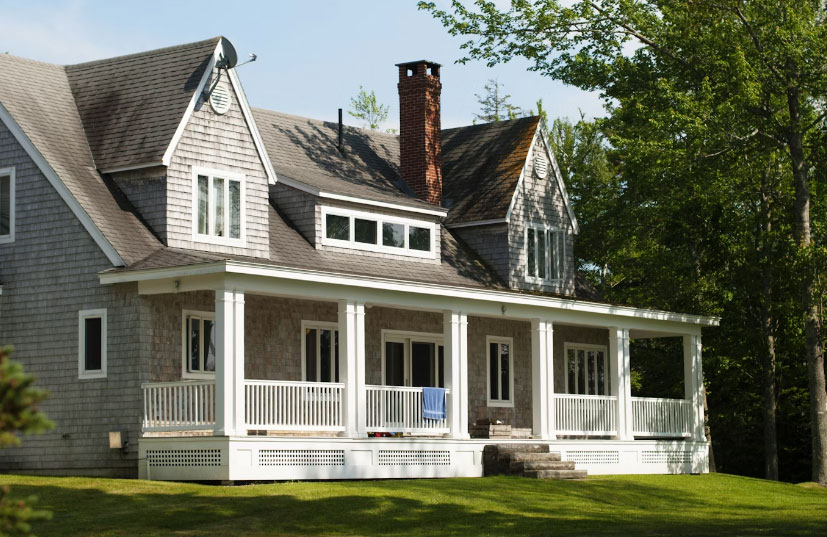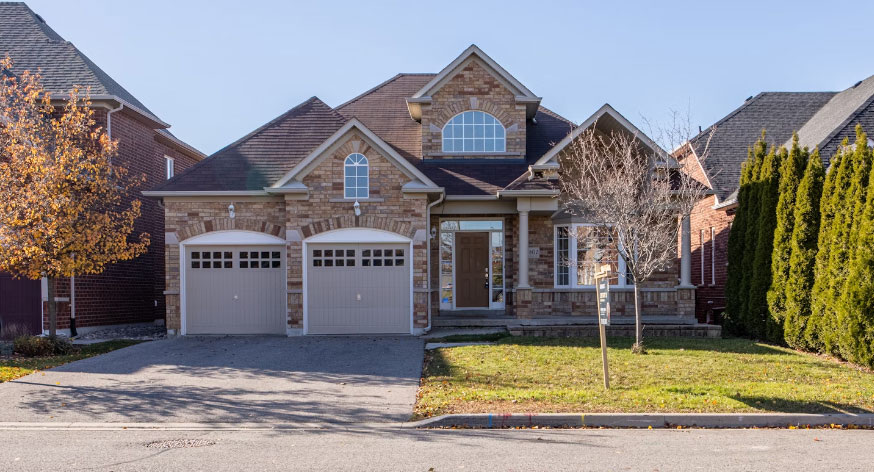
A reverse mortgage is a lending product for seniors that allows a qualifying borrower to take out a loan against the equity in their home. The reverse mortgage is designed to act as a supplement to your income during retirement.
While reverse mortgages have many attractive benefits, you probably have some questions about how they work and what to expect. Below are answers to some FAQs about reverse mortgages.
- Q: Will the government or bank own my home if I take out a reverse mortgage?
- A: No, the government will not own your home if you take out a reverse mortgage, and neither will the bank. You will continue to be listed as the owner of your home on the title and will be able to sell the property if you wish (just be aware that if you do sell it, the reverse mortgage will come due, as that is a maturity event).
- Q: How much can I borrow with a reverse mortgage?
- A: The amount you can borrow with a reverse mortgage depends on the value of your home (based on an appraisal), your mortgage balance, your age, and interest rates for reverse mortgages.
- Q: What can I do with the supplement to my income from the reverse mortgage?
- A: You can spend the supplement to your income in any way you choose. Some borrowers spend it on home renovations, or to pay off medical bills or other debts, or to put a down payment on a vehicle or a second home. Others simply use it to pad their regular monthly finances. Still others finance a family member’s education or go back to school themselves. You can even spend it on a vacation.
- Q: Will I need to pay back the loan?
- A: You only need to pay back the loan if there is a maturity event. Selling the home is a maturity event and would make the loan come due. The death of the last borrower is also a maturity event, which makes the loan come due. If you wish, you can live in your home your entire life without the loan coming due. But to do that, you must keep up with all your home maintenance payments, as well as any remaining mortgage payments.
- Q: How will the reverse mortgage affect my social security, pension, or Medicare?
- A: No. The reverse mortgage funds are a supplement to your income, rather than being categorized as income. So, they will not have any adverse impact on your benefits. If you are not yet claiming social security, you could even choose to wait longer to start claiming it if the reverse mortgage gives you enough to live on. That way, you can qualify for a higher benefit amount.
- Q: How is a reverse mortgage different from a home equity loan?
- A: Both a reverse mortgage and a home equity loan let you borrow against your home equity. But they are very different financial products. One key difference is that only seniors qualify for reverse mortgages, whereas borrowers can qualify for home equity loans at any age, so long as they meet all other criteria. The other key difference is that you need to make payments on a home equity loan. You do not need to make payments on a reverse mortgage unless a maturity event makes it come due. That is why reverse mortgages are such a flexible and accommodating product for senior homeowners.
- Q: How will the reverse mortgage affect my heirs?
- When the last borrower dies, the reverse mortgage will come due. Your heirs will be able to pay it in either of two ways: They can choose to keep the home; in which case they will need to pay back the reverse mortgage out of their own funds.
- Or …
- They can sell the home, and the proceeds from the sale will be used to pay off the reverse mortgage. If there is excess due on the reverse mortgage after the sale proceeds have all been used, your heirs will not be responsible for paying it. Be sure to talk to your heirs about how your reverse mortgage will and will not affect them.
Apply for a Reverse Mortgage in Ohio
Now you know answers to some of the most frequently asked questions about reverse mortgages. If you are ready to apply for a reverse mortgage in Zanesville, or anywhere in Ohio, please contact us at (740) 624-8091 to schedule your reverse mortgage consultation.






